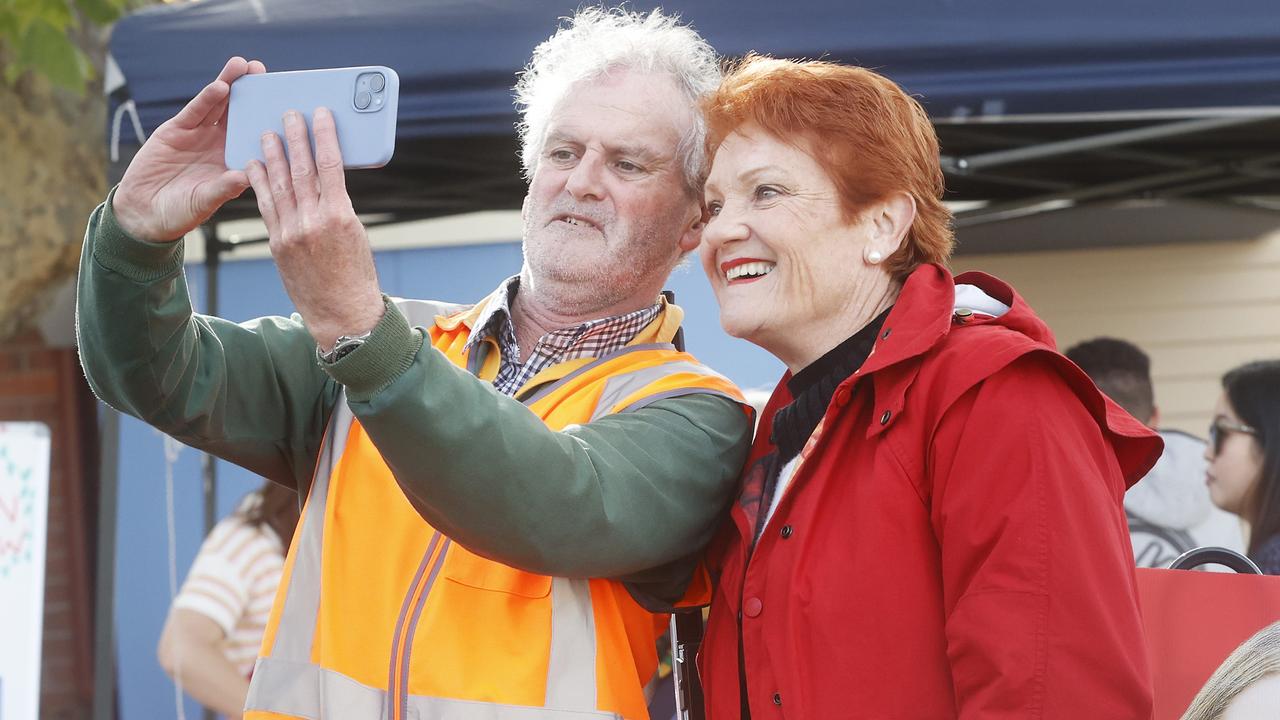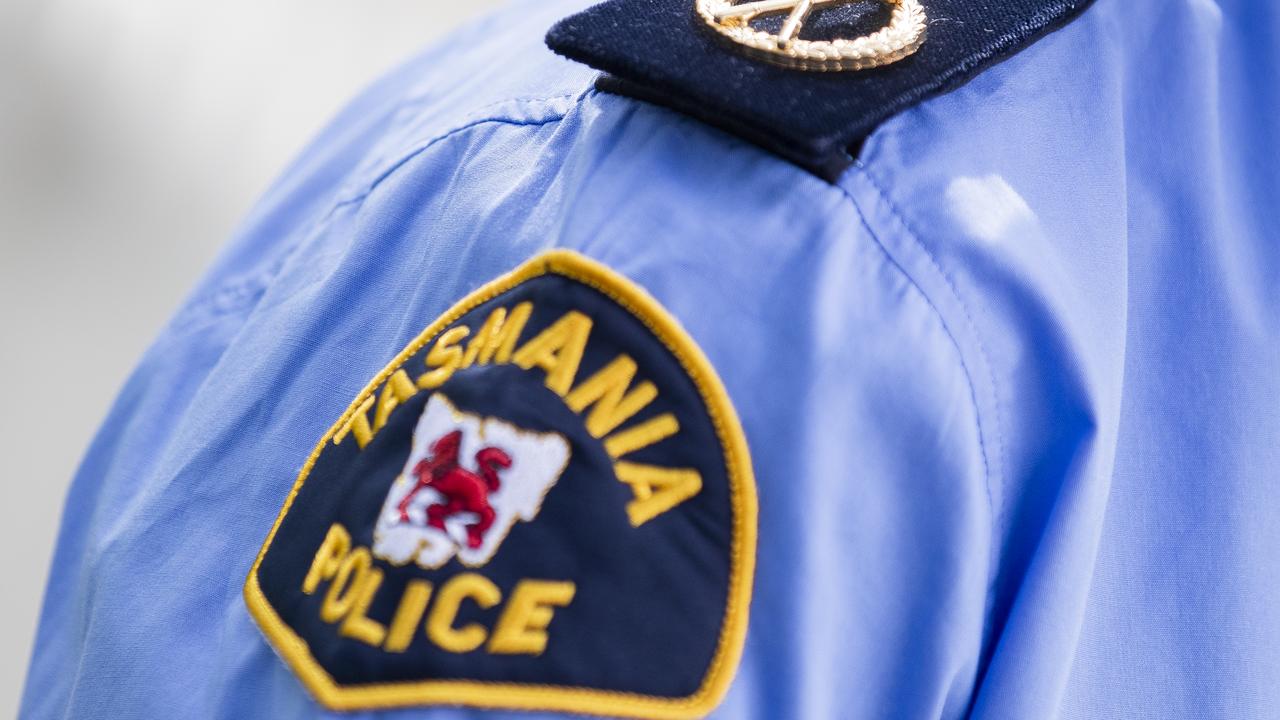GPs weigh in on Tasmania’s health crisis, while Big Summer Survey respondents report happiness
Tasmanians are largely happy, with very few considering leaving the state. But many say our healthcare system leaves a lot to be desired – and a GP has put that back on the population. READ THE FINDINGS FROM OUR SURVEY >>
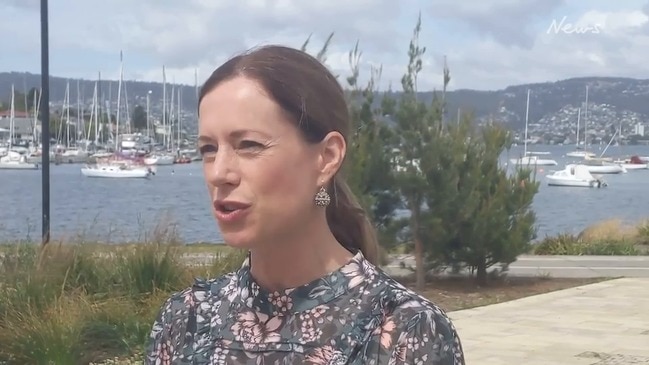
Tasmania
Don't miss out on the headlines from Tasmania. Followed categories will be added to My News.
- Weirdest pet problems Tassie vets have treated this summer
- Thousands of quarantined travellers free to go
TASMANIANS are sick of a health system that discourages preventive care and are calling for a better funding system that makes GP and dentist visits more affordable.
The Mercury’s Big Issues Survey, which garnered comprehensive feedback from nearly 800 readers, highlighted Tasmanians’ concerns about a lack of funding for primary healthcare.
More than 23 per cent of respondents said they had experienced difficulty in accessing the health system and 17.5 per cent said they did not have a regular GP.
Most survey participants took the opportunity to share their ideas for improving health provision in Tasmania, with the greatest focus on greater Medicare rebates for general practitioners and a shake-up of an admin-heavy hospital service.
“Close the Mersey hospital and use those funds to improve the other three,” one respondent said, which was a theme echoed by several readers.
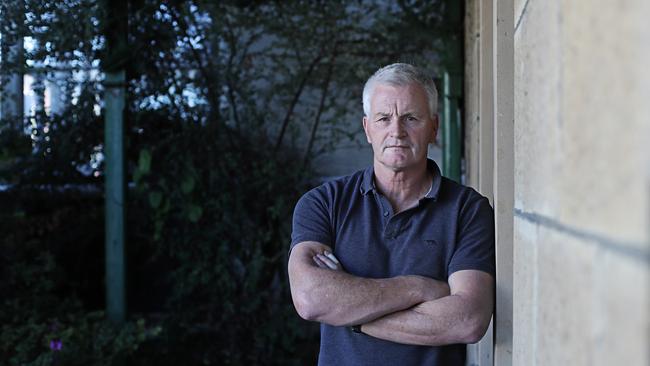
Suggestions included 24 hour doctor facilities to ease pressure on emergency departments, attractive incentives to keep doctors in regions, having dentist visits covered by Medicare and free housing for medical students who study in Tasmania.
Hobart GP John Saul, from the Australian Medical Association, confirmed readers’ concerns that GPs were becoming harder to see, due to a lack of funding and other factors that he said were driving doctors away from general practice.
“For general practice, the financial support has dropped significantly since the start of bulk billing and, as a result, GPs cannot supply the level of bulk-billed service that the community demands if their practices are to remain financially viable,” Dr Saul said.
“Bulk billed after-hours payments are now less than most tradie call-outs, making it almost impossible to incentivise doctors to work under such conditions.”
The Medicare rebate for a standard 20 minute doctor visit has gone from $36.30 to just $38.20 over the past six years.
Dr Saul said GPs were moving into fields such as skin clinics, assisting in surgery or retraining in other areas.
“On top of this, many are choosing part-time work for the same reasons,” he said.
“Tasmania is now faced with a significant shortage of GPs who are working less and less.
“Unless we can make the profession more attractive, we will struggle to provide our patients’ continuous care. Constant cuts to financial support and conditions are creating a vacuum that is not being filled.
“If both the population and government expect GPs to continue to bulk bill or charge lower levels of the gap, they need to be prepared to support the profession more.
“While we understand it is not easy, we know that those Tasmanians who have a regular family doctor and have an ongoing relationship with their family doctor enjoy better health.”
He said doctors were “well placed” to deliver emergency after-hours care, as suggested by Mercury readers.
He said at-home visits from a GP on a Sunday night could save the ambulance and hospital system up to $3000 per patient.
“However, within the existing financial framework, there are few GPs prepared to do this work,” Dr Saul said.
Tasmanians report being overwhelmingly happy
David Killick
TASMANIANS are optimistic about the future, although the COVID-19 pandemic has slightly reduced level of happiness in the community.
Eighty-five per cent of respondents to the Mercury’s Big Issues Survey said they were happy.
The figure last year was 90 per cent.
Of the nearly 800 people who responded to questions about happiness and wellbeing, 80 per cent said they were healthy and optimistic about the future. Last year, 81 per cent reported being healthy and the figure for optimism was 58 per cent.
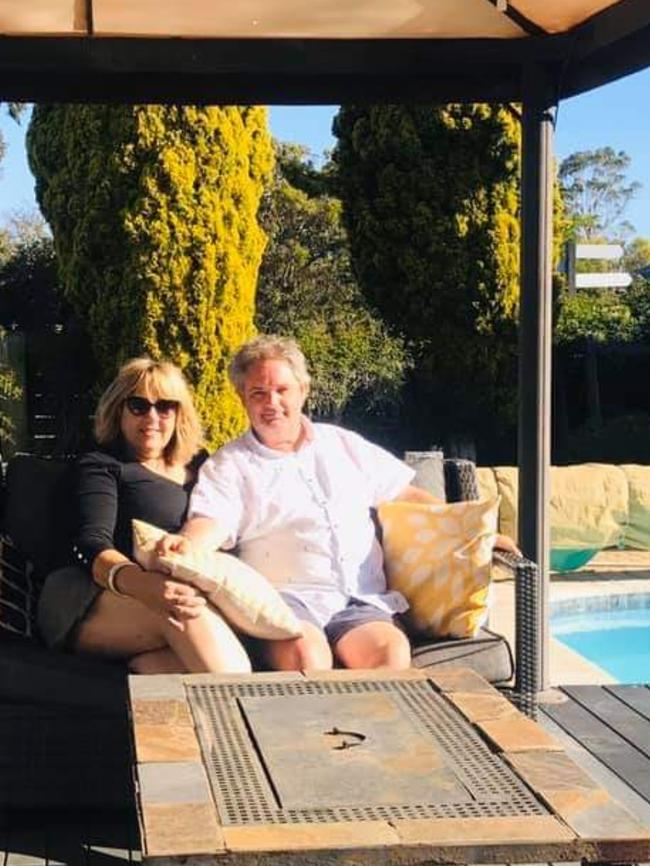
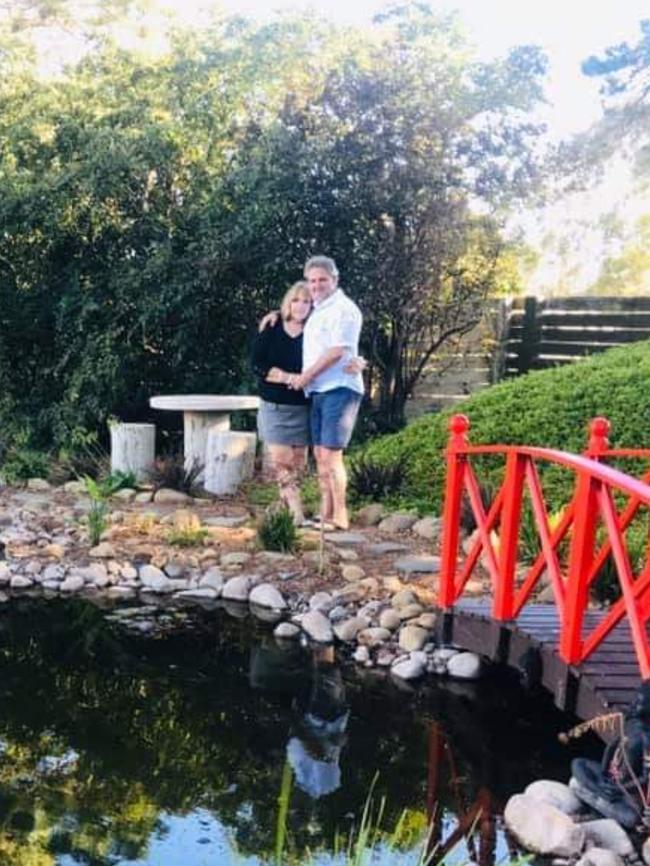
Nine our of ten respondents said they were happy living in Tasmania, the same as last year’s survey, with only seven per cent contemplating a move.
Maureen Carlisle moved with her partner John Leedham from the NSW south coast to run Belmont Homestead at Swansea and say they’re in love with the state and are staying put.
Ms Carlisle says that the move came as the result of a chance visit — and the couple had no regrets.
“We absolutely love it. It is a complete and absolute lifestyle change for both of us,” she said.
“John was a geologist for 44 years and I nursed for 35 years. We fell in love with the property.
“I think it was just loving Belmont Homestead so much.
“We’ve made some fabulous friends on the East Coast. It’s absolutely gorgeous here.
“It was a massive decision. We just bit the bullet and did it and quarantined at the homestead for 14 days. We came over on the 9th of June, we settled on the 11th of June and we opened our doors on the 1st of July.
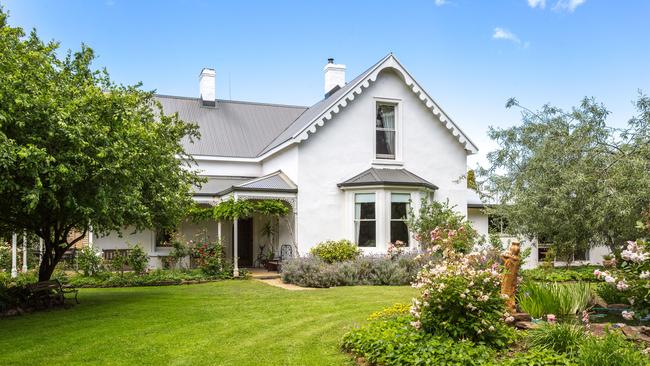
Just like Ms Carlisle, Tasmanians are a happy lot at work too: 76 per cent said they were happy with their job — and 73 per cent say they like their boss.
Last year, 84 per cent of survey respondents reported being happy with their jobs and 46 per cent said they liked their boss.
This year 63 per cent of respondents reported an increase commute time in recent years and 60 per cent of respondents said their pay had not kept pace with the rate of inflation.
Concerns about crime were low, with only 38 per cent of people saying it was of a concern to them — compared with 74 per cent who said they were concerned about climate change.
Sixty per cent of respondents saying they felt safe walking the streets after dark.

